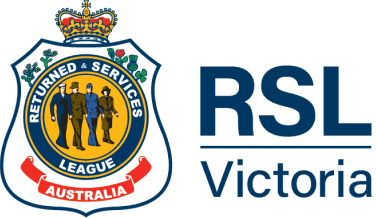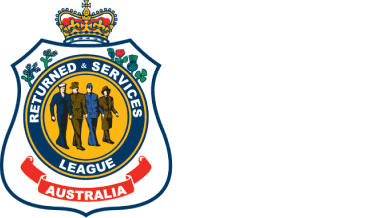Major Michael Lee had not long returned from his role serving as an Australian peacekeeper in South Sudan when he found himself idling in a supermarket fresh produce section.
He couldn’t quite believe it. The rows of neatly stacked fruit and vegetables spread out before him suddenly came to represent so much more.
“I was stunned as I stood there looking at everything — the aisles and aisles of food,” said Major Lee.
"It was really confronting for me to so clearly see the differences in what we have and what others don’t. “It is a lack of equality which is unfortunately present across the world."
Major Michael Lee
It was just one in a string of learning experiences for the 44-year-old; who is one of 15 Australian representatives sent into South Sudan as part of the United Nation’s efforts to rebuild the region.
This year marks the 75th anniversary of Australia’s involvement in UN Peacekeeping missions around the world.
Since 1947, Australian peacekeepers have served across the Middle East to Africa, Iraq, Afghanistan, Cyprus, East Timor, Southeast Asia, Bougainville and the Solomon Islands.
Sixteen Australians have died as a result of the campaigns.
Major Lee has only recently returned from his deployment as part of Operation ASLAN; the ADF’s contribution of personnel in South Sudan from the Navy, Army and Air Force.
Since 2013, the African nation has been blighted by civil unrest, leading to a significant humanitarian crisis.
Based at the United Nations’ mission headquarters in Juba, Major Lee worked as part of the Plans Branch responsible for trialing enhanced land and riverine mobility for Peacekeeping patrols.
With parts of the country prone to flooding, particularly across the north and east, the UN was eager to increase its presence through the use of all-terrain amphibious vehicles and smaller-style military vessels for the river systems.
“Regular UN patrols tend to keep away a lot of negative influences and helps support the local government,” said Major Lee.
“That is principally where I was trying to help peacekeepers out — so in the field, they could do their jobs better.”
As well as operations in South Sudan, Australians currently fill Peacekeeping roles across the Middle East and Cyprus.
But the significance of Australia’s UN contributions are perhaps best showcased by two operations which played out closer to home.
In 1991, Australia was instrumental in the diplomacy that led to the Cambodian peace settlement and contributed to the UN transitional authority, including sending the first military contingent and providing the commander of the military component of the mission.
Aussie peacekeepers also made their mark in East Timor in 1999 when the Australian Government sent in representatives to help ease the humanitarian and security crisis.
Other missions across our own region have included the Solomon Islands and Papua New Guinea.
Major Lee had previously been deployed as part of the Reconstruction Task Force in Afghanistan in 2008, the Force Communications unit in the United Arab Emirates in 2010 and was part of the United States’ Operation Inherent Resolve in Iraq between 2017 and 2018.
While he said there were lessons from every deployment, his UN role in South Sudan stood out.
“There were a multitude of really good experiences,” Major Lee said.
"Getting out to some of the provinces and to see the South Sudanese people and see the poverty and the need that was out there — it made me reflect on how lucky we are in Australia and reinforced the reason we were there to help."
Major Michael Lee
“I saw how dire the situation is for so many people who are just trying to live their life and help their kids grow — give them food and fresh water and get them an education and a job — all the things we have to do here but we don’t have to think about too hard.”
Major Lee admits seven months away from his family — wife Renada and sons Parker, 13 and Jonah 12 and daughter Portia 10 — wasn’t easy but they each understood the role he was playing in making a difference in the lives of others.
“I think they intrinsically understood that I had gone to work for the United Nations which is trying to make the world a better place,” he said.
“It really resonated with them, and I think they could see that I was doing my small part.”
Major Lee was humbled to learn that the all-terrain vehicles — which had to be shipped from the Ukraine in a time of war — were on the ground and making a difference.
He also remains hopeful for a brighter future for South Sudan with the revitalised peace agreement holding and elections around the corner.
More broadly, Major Lee said he had learnt the deep value of Australia’s involvement in overseas peacekeeping missions.
“As part of the United Nations, countries that are well off and have the means should be able to support nations that are in need and assist with their progress,” he said.
“Because we are all human and we should always try to help each other.
“It also supports Australia’s image on the world stage — as a contributor — not just a country that sits on the sidelines.”
And if every deployment leaves a personal legacy, Major Lee said his experiences in South Sudan taught him patience and empathy.
“We should all try and make the world — your country or your little area — a better place,” he said.
"Do your little bit to make something better. Your legacy might only be small — but leave a legacy — that you were known as a helper and made a difference."
Major Michael Lee

